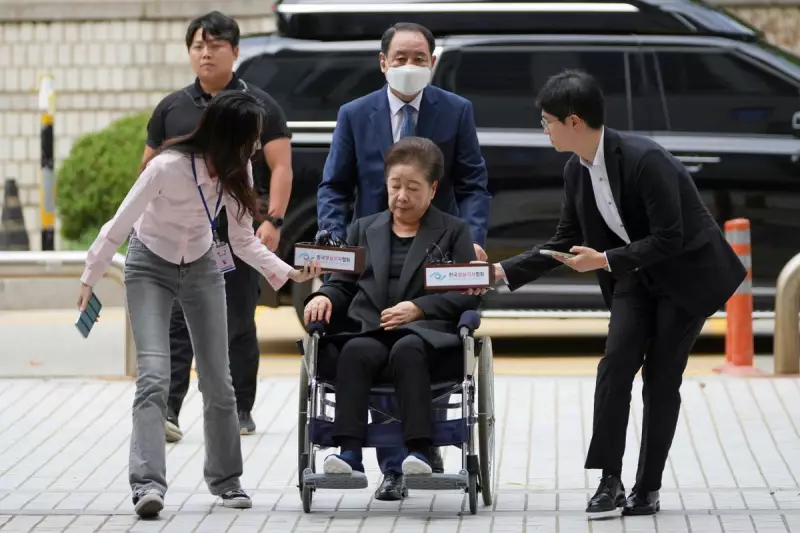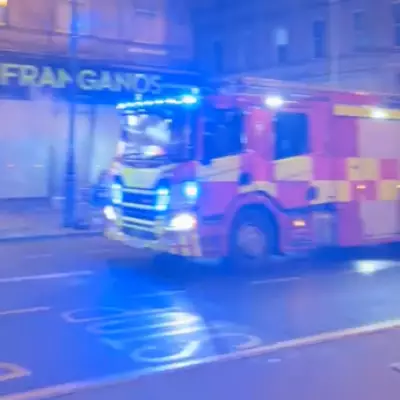
In a landmark legal move, South Korea's Ministry of Culture, Sports and Tourism has filed a court petition to disband the notorious Unification Church. This decisive action comes in the wake of the arrest of the church's leader, Hak Ja Han Moon, the 81-year-old widow of its founder.
Charges of Obstruction and Breach of Trust
Mrs. Moon, along with several other high-ranking church officials, was taken into custody by the Seoul Central District Court. The charges levied against them are severe, including allegations of obstructing a government-initiated investigation into the church's activities and breaching public trust.
The court justified the arrest by stating there was a "concern over the destruction of evidence" if the individuals remained free. This suggests authorities believe the church leadership posed a significant risk to the integrity of the ongoing probe.
A Long Road to Accountability
The current crackdown is not an isolated event. It follows years of scrutiny and a formal government investigation launched in October 2023. The probe was initiated under the country's Religious Affairs Act, specifically examining accusations that the church had inflicted substantial harm on the public through its operations and practices.
This legal pressure intensified dramatically after the 2022 assassination of former Japanese Prime Minister Shinzo Abe. The incident brought the Unification Church under an international spotlight, as the assassin allegedly held a grudge against the church, claiming it had bankrupted his family. This event prompted renewed and intense scrutiny of the church's financial practices and its global influence.
The Stakes for the Church
If the court approves the government's petition, the consequences for the Unification Church would be profound. The organisation would lose its official status as a religious corporation in South Korea. While this does not make its activities outright illegal, it strips the church of the significant tax benefits and legal protections it currently enjoys.
This case represents one of the most significant challenges ever faced by the organisation, potentially altering its structure and operations both within South Korea and around the world.





